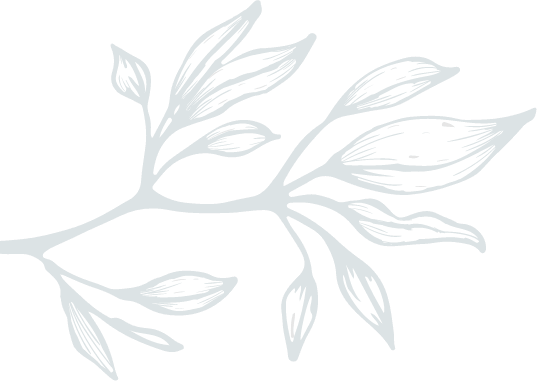



Addiction is a long-lasting and chronic disease, affecting the functions of both the body and the brain. While addiction has many negative consequences for physical health, it can also impact the family and relationships of the addicted person. It also has a negative impact on schools, workplaces, and neighborhoods with a presence of addiction. Symptoms which indicate an addiction can include:
It is entirely possible for addiction to be treated, managed, and prevented with the assistance of healthcare professionals and the support of close family and friends.
Ready to Get Started? What is Addiction Therapy?
What is Addiction Therapy?Alcohol and drug addiction therapy can describe a wide range of interventions that treat substance use disorder or address a pattern of drug abuse. Some therapy options address addiction directly and provide coping mechanisms to help you deal with cravings and triggers without relapsing. In many cases, these therapies are centered on helping you form relapse prevention strategies with which you can safeguard your sobriety.
Other therapies can be focused on underlying issues that may contribute to or worsen a substance use disorder. For instance, trauma is often associated with alcoholism. To treat drug use in someone who has experienced trauma, it may be necessary to use therapy options that specifically address disorders like post-traumatic stress like eye movement desensitization and reprocessing (EMDR therapy).
Addiction therapy can also be split into two other categories: evidence based treatments and alternative therapies. Evidence-based interventions are supported by research and, while alternative therapies have some apparent success in clinical settings, they haven’t been verified through studies. Addiction therapy can also address root problems that may have contributed to your initial drug use. For instance, substance use disorders have a significant rate of comorbidity with other mental disorders, especially depression and anxiety. In some cases, substance abuse begins as a way of self-medicating to relieve negative symptoms of a mental disorder. Drug and alcohol addiction therapy, as well as our dual diagnosis treatments, can address these issues to remove the need to self-medicate and prevent mental disorders from triggering an eventual relapse.
If you’re ready to find recovery for both your body and your mind, Diamond House Detox is here to help. We welcome you to come to our Sacramento home for a variety of individualized inpatient and outpatient services. Don’t wait to find the life-saving detoxification and addiction therapy you need — contact us online or at (888) 205-9455 now.
Call us for confidential help today.